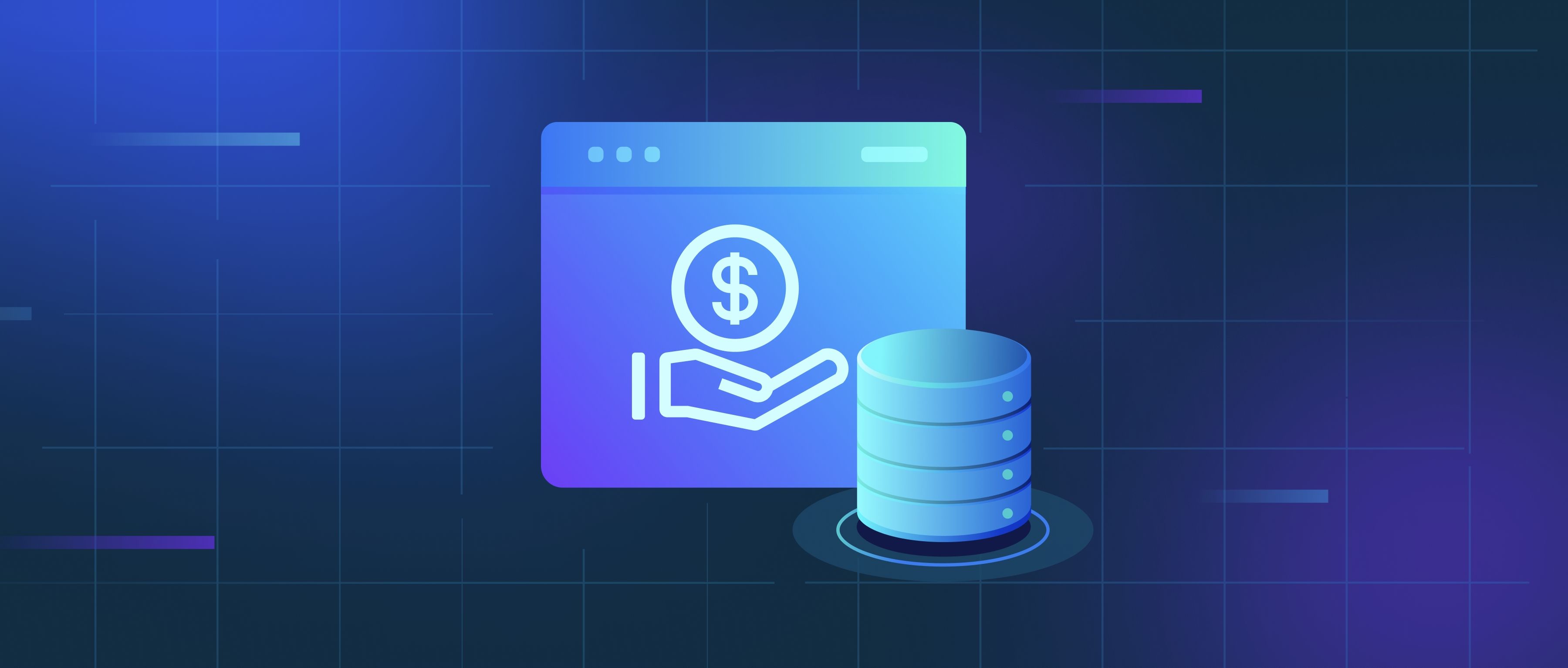Several NLP libraries are widely used due to their robust functionalities and ease of use. NLTK (Natural Language Toolkit) is one of the oldest libraries, offering tools for text preprocessing, tokenization, stemming, and more. It’s particularly useful for educational purposes and small-scale projects. spaCy is a modern library optimized for efficiency and production, featuring advanced tools for part-of-speech tagging, dependency parsing, named entity recognition, and pretrained models.
Hugging Face Transformers has revolutionized NLP by providing access to state-of-the-art transformer models like BERT, GPT, and T5. It supports tasks like text classification, translation, and summarization. Stanford CoreNLP is another popular library, offering rule-based and statistical NLP features, including dependency parsing and coreference resolution.
Libraries like Gensim specialize in topic modeling and vector representations, while fastText focuses on word embeddings and text classification. For deep learning-based NLP, frameworks like TensorFlow and PyTorch are widely used for custom model development. These libraries cater to different use cases, from lightweight preprocessing to building advanced, large-scale NLP applications.
